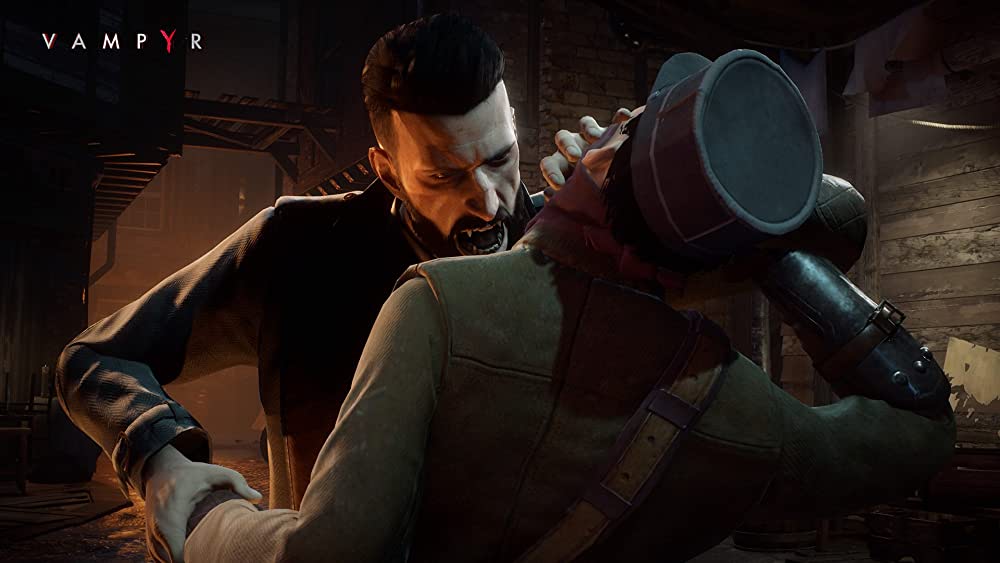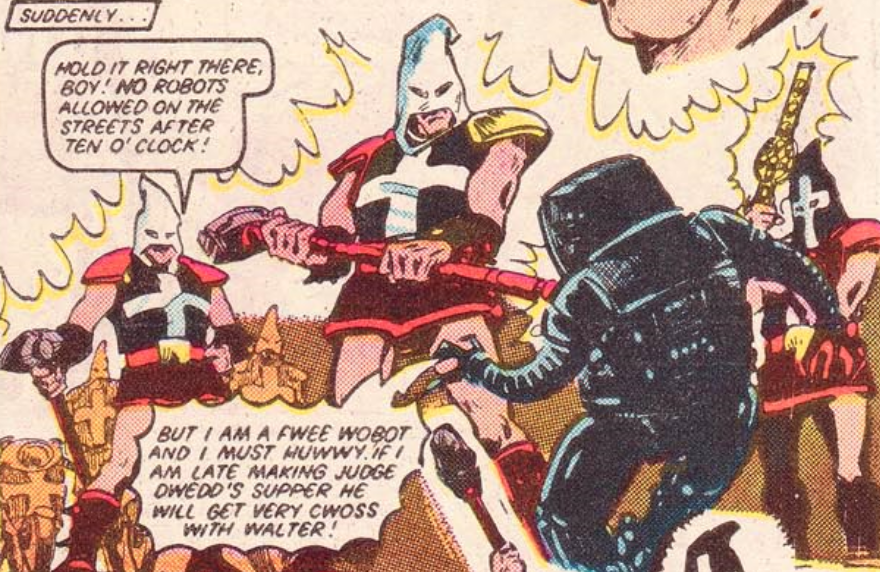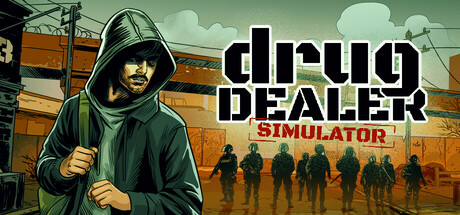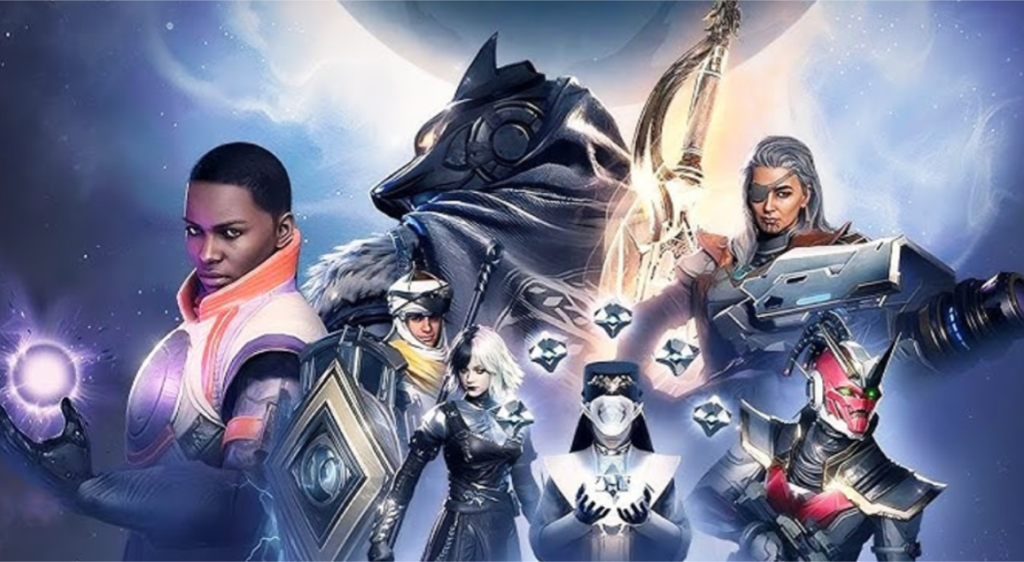(AfroGamers.com) Usually when we see the spiritual successor to a game it’s created by a studio made up of the spiritual predecessor’s studio. A good example of this is the Story of Seasons series made by Marvelous—which features talent from Natsume, the studio behind Harvest Moon. You also have Mighty No. 9, developed by Comcept. The studio was headed up by Keiji Inafune who had a big creative role in Capcom’s Mega Man franchise—the spiritual predecessor of Mighty No. 9.
However, it’s not unusual for a game to come along and become the spiritual successor to a title the developer had no involvement in. This brings us to 2018’s Vampyr by Focus Entertainment. Based in post-World War I England during the Spanish Flu epidemic, the game is an enjoyable gothic action-RPG albeit a flawed one.
The Good of Vampyr
I’d say that the biggest pro for this game is the setting. It’s not late 19th century and early 20th century England are uncharted territory in gaming but for a tale with vampires and hunters, kicking it Victorian or turn-of-the-century is a good starting point. Especially if there are plans for sequels—yes, that was a bit of shade at Sony and The Order 1886.
Also of note is the player’s approach to satisfying battlefield doctor-turned-vampire Jonathan Reid’s bloodlust. Without spoiling too much—again, the game was released in 2018—Reid gets an opportunity to continue practicing medicine as he learns about his condition. Vampyr’s mechanics are such that there are several citizens of note in different districts and the deaths of these citizens can lead to the constant decay of that district.
The flu will take over and become a suitable location for vampires to roam the streets. There is an order of vampire hunters out and about but also those Reid associates with aim to keep the balance. All of this is a mouthful way of saying it’s probably best not to kill everyone. However, progressing your character will be much slower without slaughtering citizens of note.
I actually dig this mechanic and the detective mechanic of learning more about the citizens through conversations, tasks, checking on their health, and so on. There’s also a benefit to investing time in them as well as not killing them. Of course, they give off so much XP if you do kill them after learning all you can about them. I don’t know, maybe the knowledge of their life experiences and their health makes the blood richer. Who knows but these mechanics are the what really make the game.
The skill tree in Vampyr is very intriguing and actually makes you want to continue playing and developing Dr. Reid. It also tempts you to kill those storyline citizens to get more XP. It’s quite the balance.

…and Now the Bad
The cons in this game are balanced evenly with the pros—numerically, anyway. The combat and the loading are the two main culprits. I’d heard about other performance problems with the game during its launch but having played it almost five years later, I haven’t noticed anything that would make it unplayable.
However, the combat is mediocre and only balanced with improving weapons, finding better weapons, and improving your stamina and blood. That’s not even an improvement and more of compensation. Dodging in this game is only so-so. In the game’s defense, I don’t expect an early 20th century battlefield doctor to dodge like Talion in Shadow of War or Batman in the Arkham games the same way I didn’t expect that level of dodging from Max with the one good leg in Mad Max. However, blocking left a lot to be desired…and dodging could’ve at least been decent.
Coupled with this is getting the train ran your character if it’s close combat and more than two enemies. Reid’s dodging—as a vampire—isn’t suited for crowd combat. You’ll need better weaponry and syringes to recover your health constantly. So, prepare to die a lot.
Making this worse are the load times after dying. Just oof…you want to get better just to avoid the loading. As for mild issues, the core story around Dr. Reid’s quest is kind of unimportant early on since learning everyone else’s stories is more beneficial at that point.
Also, it’s kind of weird to see a vampire with super speed and strength hindered by locked gates. Locked doors, fine—there’s a folkloric rule there that makes sense but this is a gate: either break it or jump it, bro.
Despite All of That…This is a Spiritual Successor
Vampyr is like the base of what you would want from a sequel to Vampire the Masquerade: Bloodlines. Remember when Bloodlines 2 was announced for 2020? Then COVID happened and that was bumped to 2021? And we can’t forget more stuff happened and now it’s “We’ll let you know when we’re close or certain.” Let’s be honest with devs—that’s the best approach to take out of the gate and not after several setbacks.
The closest thing to a sequel or spiritual success is this title. It’s similar in many ways to the 2004 game even down to having its own performance issues. Of course, Bloodlines was pretty ahead of its time and the issues came with it while Vampyr wasn’t pushing any boundaries and still had issues—they both have their strengths and weaknesses.
Vampyr embraces the social and exploration aspect of Bloodlines while having its own version of the Masquerade. If anything, Vampyr would’ve made for a good entry into the series or as a prequel.
If you’ve played Vampyr, what were your impressions? As always, let us know down below!
Staff Writer; M. Swift
This talented writer is also a podcast host, and comic book fan who loves all things old school. One may also find him on Twitter at; metalswift.
















Leave a Reply